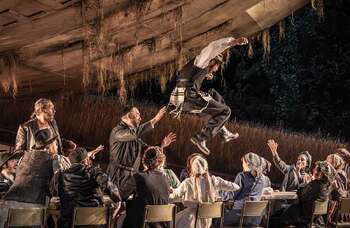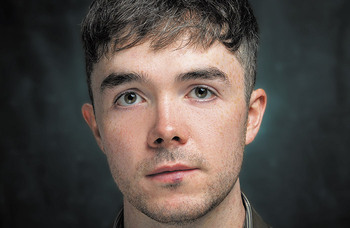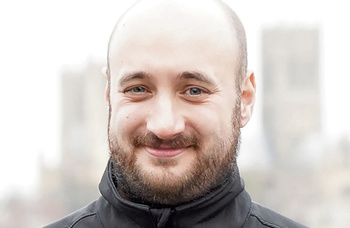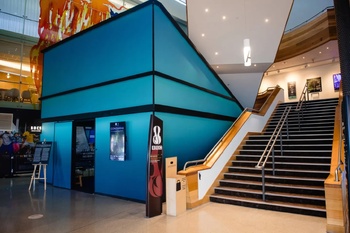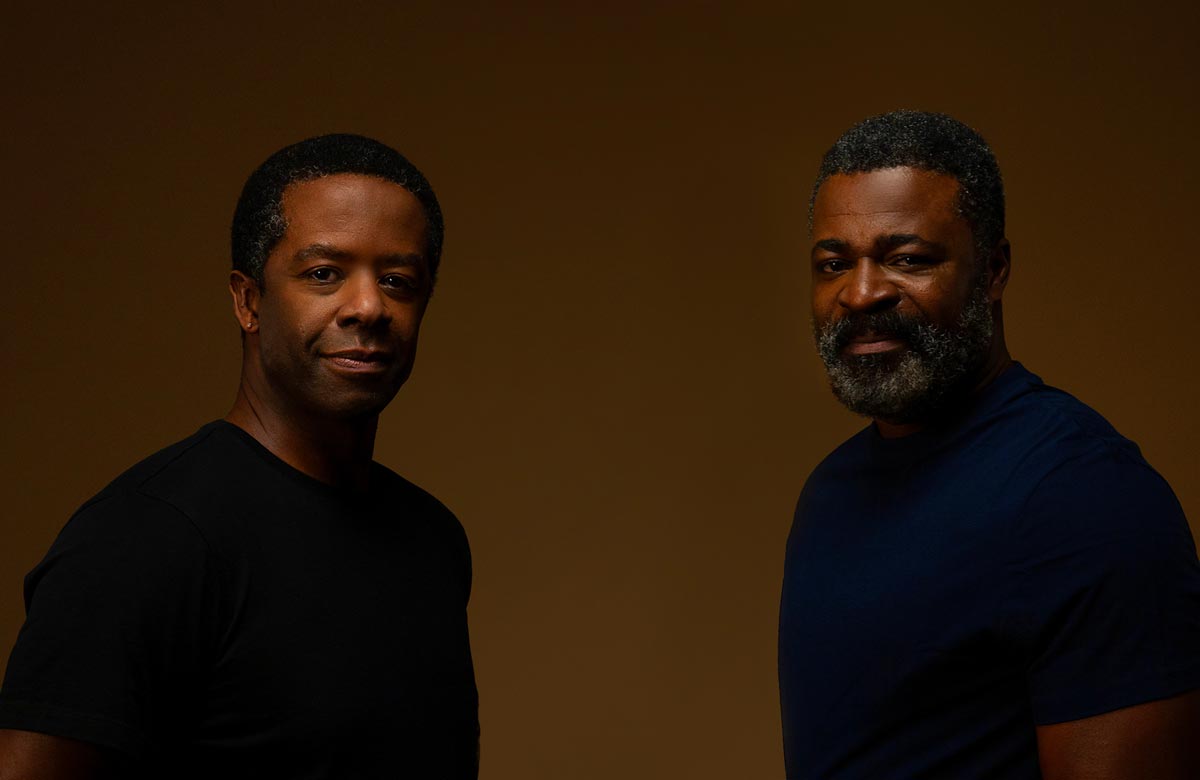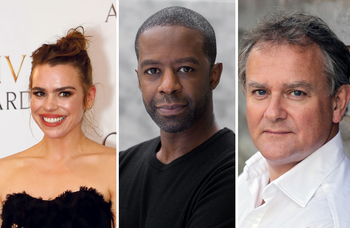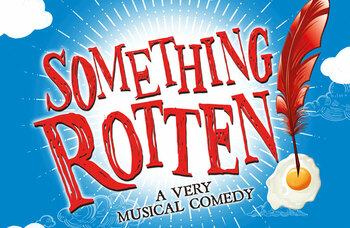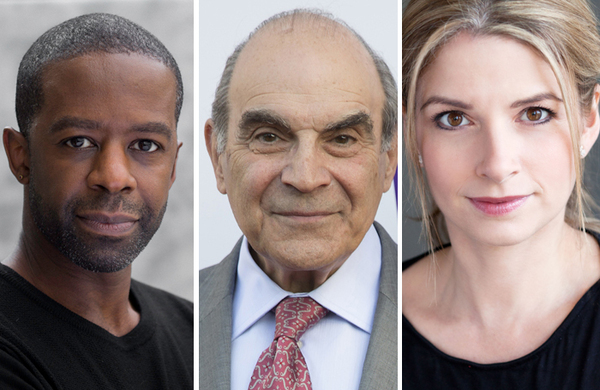Andrzej Lukowski: From Glenda Jackson to Jerusalem – the Olivier Awards’ biggest misses?
Over the years, I have been nothing if not critical of the Oliviers, especially how the shortlists are compiled for the UK’s premier theatre awards. But as a rule – and unlike certain other awards – it’s rare that you can really quibble with the winners. Or can you? Here are six that got away.
Best actress – Glenda Jackson
There are not many bona fide stage legends on this list, because most of them won a gong eventually or had stage careers that only briefly overlapped with the lifetime of the Oliviers (which began as the SWET Awards, something I shall henceforth gloss over). There are others you could argue about, but Glenda Jackson is the big one that got away. The double-Oscar winner was nominated in 1977, 1979, 1980, 1984 and 2017 and has drawn a blank each time. Clearly there was that business of going off for 23 years to be an MP. But it’s a huge omission, though you genuinely wouldn’t put it past the 82-year-old to still pull it off.
Glenda Jackson in King Lear review at the Old Vic – ‘a tour de force’
Best actor – Adrian Lester
Lester has an Olivier: best actor in a musical for the Donmar’s 1996 revival of Company. Nonetheless, the fact he has doesn’t have a best actor gong to add to it and has indeed only received a single nomination since is startling if you look back on his Shakespeare roles alone. What separates him from his more nominated peers, one wonders? Now 50, there are plenty of juicy, awards-y roles ahead of him, but I’m not sure the Oliviers quite get him, yet.
Best director – Emma Rice
Emma Rice just doesn’t fit the mould of the classic director as A Very Serious Person – she received a single nomination 10 years ago for Brief Encounter, but her ratio of critical and commercial success to nominations is hysterically low. Not all of Kneehigh’s shows went into eligible theatres, but her work for Shakespeare’s Globe feels especially overlooked – a common fate for directors at that theatre (see also Dominic Dromgoole), both A Midsummer Night’s Dream and Romantics Anonymous were should-have-been contenders.
Romantics Anonymous review at Sam Wanamaker Playhouse, London – ‘an irresistible treat’
Best revival – Blasted
Okay, hear me out. Yes, the plays of Sarah Kane are cataclysmically un-family friendly, full of torture, rape and other horrors. She has never had a show in the West End, and her body of work is tiny. Nonetheless: she is far and away the most significant British playwright in the lifetime of the Oliviers not to win one – even Caryl Churchill has one, gloriously. The Lyric Hammersmith’s 2010 revival of Blasted won the affiliate theatre award, which felt like a respectful nod in her direction, but it will be fascinating to see if she’ll ever not be beyond the pale for the main awards.
Best musical – London Road
The thing about Alecky Blythe and Adam Cork’s wondrous avant-garde musical is that it could have won something at the 2012 awards… were it not for a pesky little rival called Matilda. Giving the still-huge Dahl adaptation every award going made total sense. But the Oliviers aren’t afraid to reward leftfield work on occasion, and I truly believe London Road might have sneaked something if it had opened at more or less any other point in the decade.
Best play – Jerusalem
Jez Butterworth’s Jerusalem is the Brokeback Mountain of the Oliviers: you just kind of assume it swept the board, but in fact the greatest British play of the 21st century left the 2010 ceremony with just two of the six gongs it was nominated for: best actor (for Mark Rylance) and best design (for Ultz). I get it: Lucy Prebble’s Enron and Katori Hall’s The Mountaintop were strong competition, and the even distribution of awards (best play for The Mountaintop, best director to Rupert Goold) speaks of well-intentioned horse-trading. Nonetheless, it looks a bit silly with hindsight.
Andrzej Lukowski is theatre editor at Time Out London. Read more of his columns at thestage.co.uk/author/andrzej-lukowski/
Opinion
Recommended for you
More about this person
Advice
Recommended for you
Most Read
Across The Stage this weekYour subscription helps ensure our journalism can continue
Invest in The Stage today with a subscription starting at just £7.99
 Andrzej Lukowski
Andrzej Lukowski




